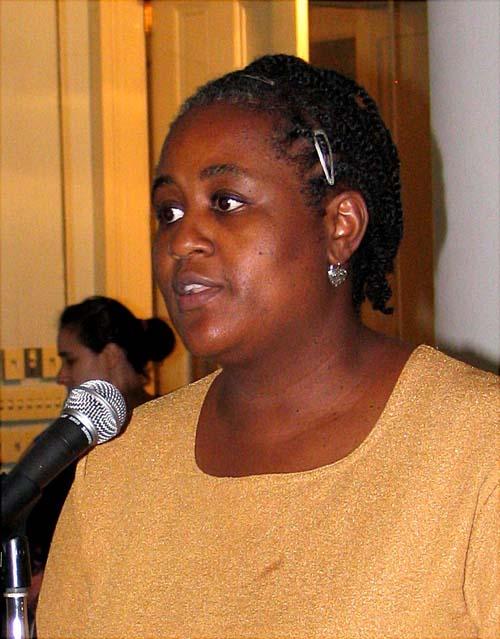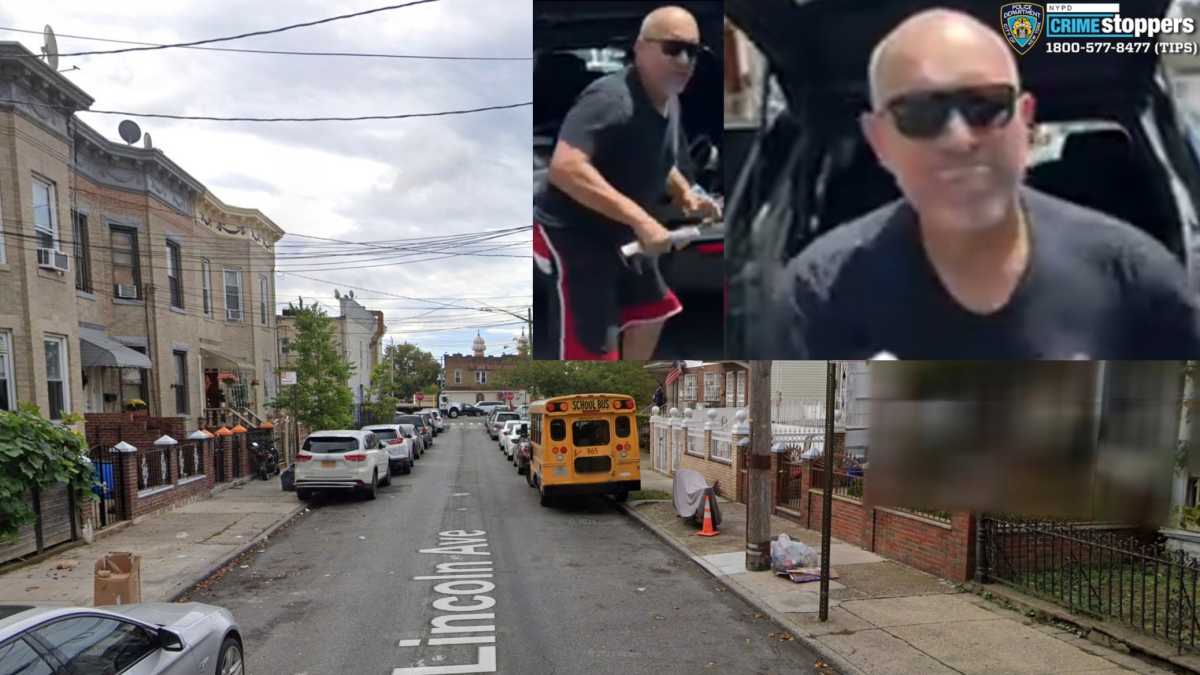Mayoral control of the city’s public schools, as presently configured, is not working.
That was the consensus of opinion expressed during a town hall on school system governance held at Brooklyn Borough Hall, 209 Joralemon Street.
The hearing, which was sponsored by the Senate Democratic School Governance Task Force and co-chaired by State Senators Martin Connor and Martin Malave-Dilan, is one of several being held by the group, in advance of the expiration of legislation that gave control of New York City’s school system to the mayor, and eliminated the Board of Education.
That legislation will sunset on June 30, 2009, raising the question of whether it should be renewed or revamped.
Those who spoke made it clear that they believe the current system should be reworked, to build in accountability, checks and balances, and parental and community input, all of which is currently lacking, said those who testified.
Particularly frustrating, they contended, is the fact that the system follows a top-down format, with decisions about schools and students handed down from on high, and comment from those who are most impacted by the decisions, asked for – if at all – after the fact.
Carmen Alvarez, vice president for special education of the United Federation of Teachers (UFT), said that the current system lacks many key items.
Basing her remarks on testimony given to the UFT at a series of hearings, she said that, in the view of educators and parents, “A permanent forum for the public to question policies before they are adopted must be re-established.”
In addition, Alvarez said, “Accountability is important, not just to the mayor, but to the public, and it needs to be bottom-up, not just top-down. That means there has to be transparency and checks and balances.”
Alvarez also said that, rather than the Kafkaesque structure currently in place, in which parents cannot find the appropriate people to help address concerns, “There needs to be a clear line of communications to solve problems,” she urged.
Public school teacher Joey Davis said that, in his view, mayoral control had devolved into a business structure. “Mayor (Michael) Bloomberg has turned the schools into a corporation,” Davis contended.
While, Davis said, parents and teachers have been trying to respond to student needs, “They are continually undermined by the mayor and the chancellor. I don’t know what the answer is, but I know it’s not mayoral control.”
In particular, Davis complained about tens of millions of dollars spent on consultants rather than going into the classroom or being used for teacher training. In one case, he recalled, a consultant had come into the school he worked in and, rather than tackling anything substantive, had redone the bulletin boards.
Parents were equally critical. David Quintana, who has two children in the public schools, called mayoral control “a dismal failure.” Specifically, Quintana said that, “Many major decisions have been made with absolutely no input from parents or the public.”
In addition, he called for a sea change in both offerings and discipline, through the “Reinstitution of the arts, music, physical education, student governments and the teaching of basic American civics,” as well as, “The elimination of the NYPD presence in the schools, which I feel creates a prison-like atmosphere.
“I feel that we should put educators back into Tweed Courthouse,” Quintana added. The image of Bloomberg as “the education mayor,” he contended, is “pure propaganda.”
Karen Phillip, whose daughter attends Philippa Schuyler Intermediate School in Fort Greene, said that the Department of Education (DOE) had decided to site a charter school inside the school without consultation with either parents or the district’s Community Education Council.
“One of the major problems we are having is accountability,” Phillip stressed. “We are going and asking questions of everyone and not getting any answers.
“Here is a school that works, students are moving on to bigger and better things, and the only thing that Joel Klein and Bloomberg can do for us is put a charter school in there,” Phillip went on, pointing out that the school had a waiting list of 300 students each year.
“The mayor should not be involved, and the parents are no longer involved because he has pulled that from under us,” Phillip noted.
Tammie Brunson, whose son attends school in District 13, said that the system was failing her child. “To me, District 13 is like a roulette wheel,” she said. “You can get some good things out of it and you can get some bad things out of it.
“We need restructuring tremendously,” Brunson went on, “because the children are losing out. Is the system working? No. As a parent, do I feel my needs are being met? No. Do I have a voice? This is the first time I have a voice.”
Irene Varon, who has been active in School District 22 for many years, said that, in her view, the system could not return to what it had been, but nonetheless needed to be revamped to incorporate things that are currently missing.
“Fair is not equal,” Varon stressed. “You have to have balance. We don’t have balance now.”






















